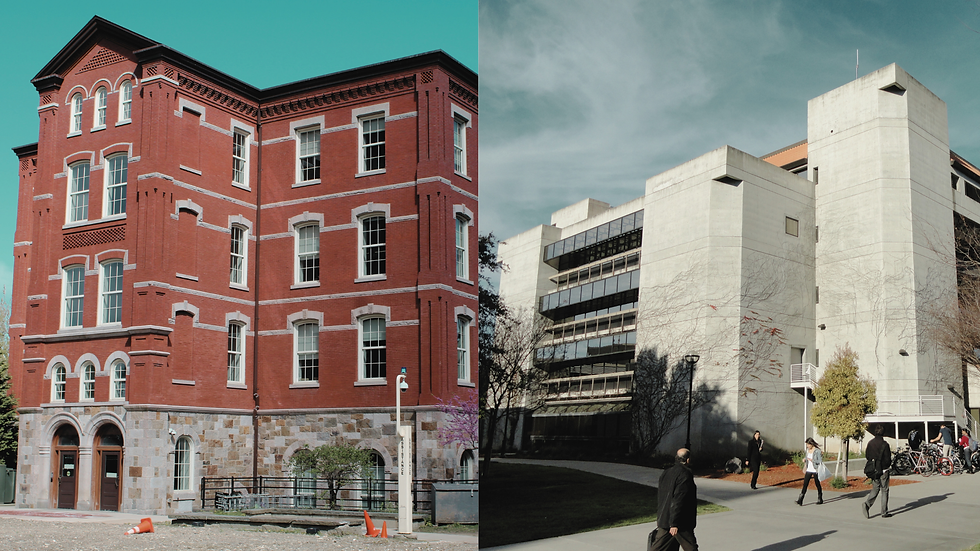Dr. GN Saibaba, Persecuted Scholar, Passes Away Seven Months After Acquittal
- Endangered Scholars Worldwide
- Oct 23, 2024
- 2 min read
Updated: Mar 27, 2025

Dr GN Saibaba || Photo credit: Sushil Kumar/Hindustan Times
On October 12, 2024, Dr. Gokarakonda Naga Saibaba, a former University of Delhi professor of English and human rights activist, passed away in Hyderabad, India due to multiple health complications after undergoing surgery for gallstones. He was arrested in 2014 and sentenced to life imprisonment in 2017, for alleged links with banned Maoist groups.
Dr. Saibaba was arrested under the draconian Unlawful Activities (Prevention) Act (UAPA), a law that is aimed at the prevention of activities that threaten India’s integrity and sovereignty. UAPA, also known as the anti-terror law, allows the Government of India to designate individuals as terrorists without following a formal judicial process.
Scholars at Risk found that his trial was “replete with procedural violations,” which included a lack of credible evidence, illegal searches, and recanted testimonies. The unjust detention and sentencing were described as “retaliation for his nonviolent exercise of the rights to freedom of expression and freedom of association,” liberties which are protected under the Universal Declaration of Human Rights and the International Covenant on Civil and Political Rights, to which India is a party.
His decade-long incarceration at Nagpur prison resulted in deteriorating health. Dr. Saibaba was wheelchair-bound due to post-polio residual paralysis of his lower limbs and suffered from 19 chronic and acute medical conditions. In jail, he contracted COVID-19 and suffered from acute life-threatening pancreatitis, high blood pressure, immobility, and sleeplessness. His health was neglected during this time, contributing to his declining health and ultimately his death.
In March 2024, Dr. Saibaba was acquitted for a second time and released. He had previously been acquitted in October 2022 by the Bombay High Court, however, the Supreme Court suspended the order at the state's request. Dr. Saibaba reunited with his wife and daughter and sought to legally challenge the termination of his position as a professor at the University of Delhi.
Dr. Saibaba was known for his advocacy for social justice and the rights of marginalized communities, including Dalits and Adivasis, whom he felt were excluded from quality education. He opposed state repression and criticized government operations like Green Hunt, which targeted tribal communities. His daughter, in an interview after his death, stated that Saibaba had hoped to continue his struggle for justice and equality and to teach once he recovered from his surgery.
Endangered Scholars Worldwide is saddened to hear of GN Saibaba's passing. ESW condemns the Indian state’s unjust persecution of academics and students critical of the government and their mistreatment in prison. We urge the Indian authorities to end ongoing efforts to restrict academic freedom in India and to honor the human rights commitments they have made under international law.




